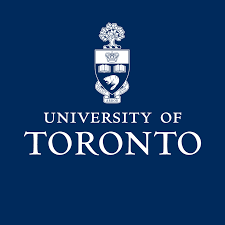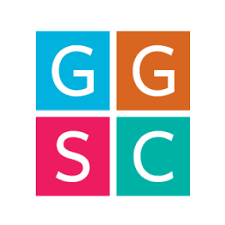Wonder & Awe: Engaged Projects
Further resources, if available, can be found in our full bibliography.

The Awe Project
The Awe Project consists of five days (Monday through Friday) of various practices and takes place online through the Google Classroom platform in a private, password protected classroom. Google Classroom is accessible on both mobile devices and computers. Experiencing awe is much more important than a sensation, it is also strategic. There are many science-backed benefits of awe that can impact both your professional and personal life. The benefits of awe can include increases in: prosocial behavior, expanding one’s sense of time (not feeling rushed), patience, handling the unknown, social connectedness, collaboration, humility, critical thinking, and positive mood.

Health, Emotions, and Altruism Lab (HEAL)
University of Toronto
Living harmoniously in large-scale societies requires individuals to suppress their more selfish inclinations and prioritize the welfare of others. The Health, Emotions, & Altruism Laboratory (HEAL) examines the forces that drive prosociality and morality. Specifically, we investigate how prosocial emotions (e.g., compassion, awe, etc.) promote empathy and altruism toward another person, encourage cooperation and cohesion within groups, and enhance the health and well-being of the individual. We also explore how individuals encourage moral behavior and uphold moral norms through expressing moral outrage toward transgressors, relying on moral character to inform other impressions, and allowing others to regain moral status through redemption.

Shiota Psychophysiology Laboratory for Affective Testing (SPLAT Lab)
Shiota Psychophysiology Laboratory for Affective Testing
The Shiota Psychophysiology Laboratory for Affective Testing (SPLAT Lab) conducts research on the basic nature and translational implications of human emotion, with particular emphasis on positive emotions, emotional processes in close relationships, and emotional mechanisms of health behavior and behavior change. Studies use a variety of designs (e.g., experimental, longitudinal/daily diary, cross-sectional) as well as behavioral, cognitive, physiological, narrative, and questionnaire measures. Current projects in the arena of positive emotions focus in particular on awe, amusement/humor, and varieties of love.

Greater Good Science Center at Berkeley
The Greater Good Science Center
The Greater Good Science Center studies the psychology, sociology, and neuroscience of well-being and teaches skills that foster a thriving, resilient, and compassionate society. Based at the University of California, Berkeley, one of the world’s leading institutions of research and higher education, the GGSC is unique in its commitment to both science and practice: Not only do we sponsor groundbreaking scientific research into social and emotional well-being, we help people apply this research to their personal and professional lives. Since 2001, we have been at the fore of a new scientific movement to explore the roots of happy and compassionate individuals, strong social bonds, and altruistic behavior–the science of a meaningful life. And we have been without peer in our efforts to translate and disseminate this science to the public, including through the online magazine, Greater Good.
Photo Credit: Northern Lights from Snæfellsnes, Iceland